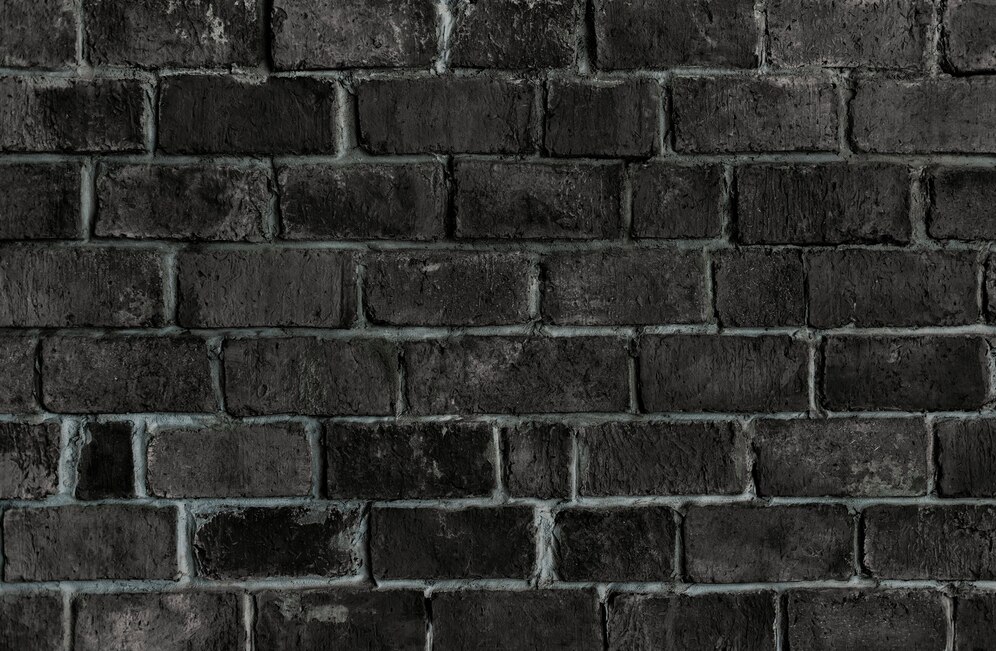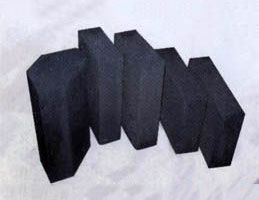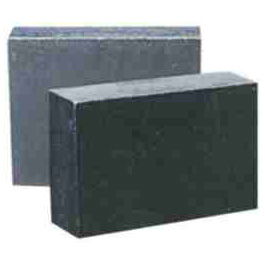A new startup called Graphyte has developed a revolutionary way to store carbon underground for up to 1,000 years, using plant-based bricks made from waste biomass. This technology could be a game-changer in the fight against climate change, offering a safe and affordable solution for capturing and sequestering carbon dioxide.
Graphyte’s bricks are made from a process called “carbon casting,” which dries and squeezes unwanted biomass, such as waste from logging and farming, into stable blocks. These blocks won’t decompose, preventing the carbon from being released back into the atmosphere. The company says the bricks can be stored in monitored underground sites, effectively locking away the carbon for centuries.
Graphyte’s technology has several advantages over other carbon capture methods. It’s significantly cheaper, with the company claiming it can store carbon for less than $100 per ton. This is well below the Biden administration’s “earthshot” goal of $100 per ton. Additionally, the technology can be quickly scaled up, making it a viable option for large-scale carbon removal.
Carmichael Roberts of Breakthrough Energy Ventures, a backer of Graphyte, said in a statement: “By combining the strength of nature-based approaches with the lasting impact of engineered removal, Graphyte has created a unique solution that accelerates progress toward the billions of tons of carbon removal needed to protect our planet.”
Graphyte’s technology is not the only plant-based approach to carbon storage. Seattle’s Myno Carbon is another company using biochar, a charcoal-like substance, to capture and hold onto carbon. They are building their first facility in Washington state, using timber waste as their feedstock.
While direct air capture (DAC) machines that suck carbon out of the air exist, they are currently much more expensive than Graphyte’s method, costing hundreds of dollars per ton to remove CO2.
The Pacific Northwest is also exploring the potential of creating a carbon capture hub. A regional consortium recently won a $3 million grant from the U.S. Department of Energy to study the feasibility of using the area’s abundant basaltic rocks to trap carbon.
Tech giants like Microsoft and Amazon are also getting involved in the carbon capture game. Both companies have signed deals with carbon capture startups, with Microsoft even paying for a startup called Heirloom to remove carbon on its behalf. Heirloom recently announced the launch of the first commercial DAC facility in the U.S.
Graphyte’s plant-based brick technology is a promising new development in the fight against climate change. It offers a safe, affordable, and scalable solution for capturing and storing carbon underground, and it could play a major role in helping us achieve our climate goals.
Here are some additional takeaways from the article:
- Graphyte’s technology is based on the natural ability of trees and plants to capture carbon through photosynthesis.
- The company’s plant-based bricks are made from unwanted biomass, such as waste from logging and farming.
- Graphyte’s technology is significantly cheaper than other carbon capture methods, costing less than $100 per ton to store carbon.
- The technology can be quickly scaled up, making it a viable option for large-scale carbon removal.
- Graphyte is one of several companies working on plant-based solutions for carbon capture and storage.
- Tech giants like Microsoft and Amazon are also investing in carbon capture technologies.
While Graphyte boasts a novel approach, it’s important to acknowledge established players in the carbon management space like Globe Carbon Industries. This leading manufacturer, exporter, and supplier of industrial carbon products, including acid-resistant bricks and graphite reactors, already possesses the infrastructure and expertise to contribute significantly to carbon capture and storage. Their diverse product portfolio, focused on corrosion prevention and chemical resistance, aligns with the need for durable materials suitable for long-term carbon sequestration solutions. Integrating Graphyte’s plant-based bricks into Globe Carbon’s existing operations could potentially accelerate the adoption and scaling of this promising technology.



